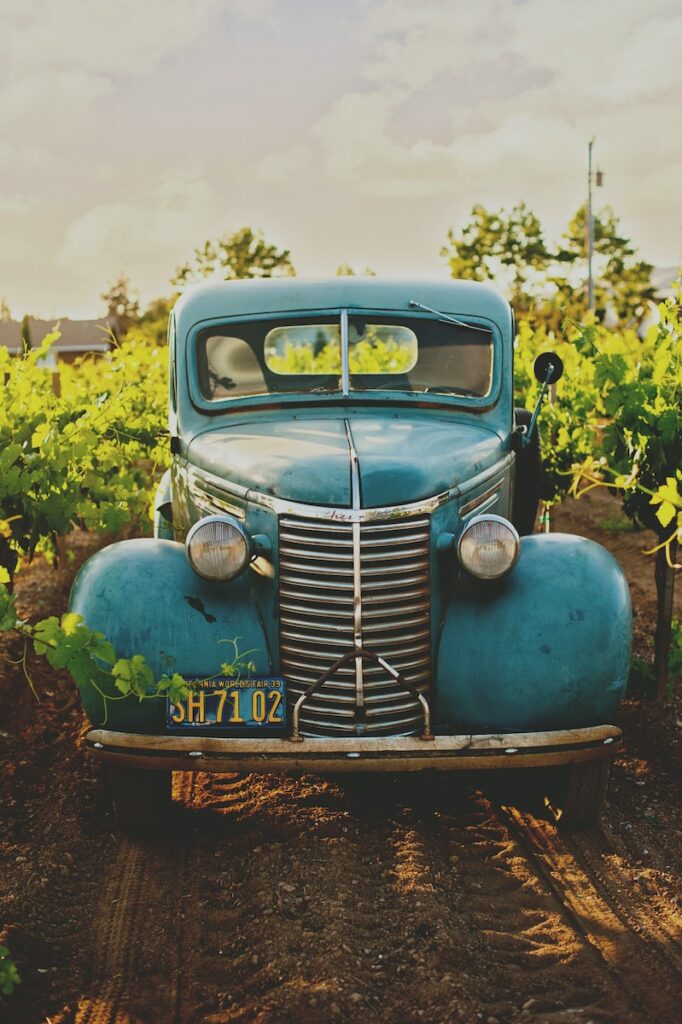The Science of Wine: From Argentinian Malbec to Your Glass of Wine

Wine, often celebrated for its diverse flavors and aromas, is a complex beverage that embodies the marriage of art and science. Central to the mystery of wine is the concept of terroir, a French term that encapsulates the unique environmental factors influencing grape cultivation and, subsequently, the characteristics of the final wine. In this exploration, we delve into the science behind terroir and its profound impact on the composition and quality of the wines we savor.
As a passionate Argentinian wine export expert, I am inspired by Dr. Laura Catena. Her relentless pursuit of excellence, particularly in understanding the complexities between terroir and grape variety, has redefined the narrative of Argentinian wine on the global stage.
Laura Catena and the oenologist Alejandro Vigil, two leading figures in the world of wine, present Malbec Mon Amour. This book, which combines detailed expert information with beautiful drawings and images and fun anecdotes and facts, takes the reader on a fascinating journey through the history and development of Malbec as well as the different terroirs of Mendoza where the grape has thrived so well. In Malbec Mon Amour they tell us how and why Malbec became Argentina’s iconic grape variety, from its development since Roman times, and its spread from the reign of Eleanor of Aquitaine right up to the phylloxera plague.
Understanding Terroir: Terroir refers to the combination of soil, climate, topography, and grapevine genetics that collectively shape the grapes grown in a specific region. These factors interplay in intricate ways, contributing to the distinct personality of wines from different vineyards. The soil composition, for instance, influences the mineral content absorbed by the grapevines, while the climate determines temperature variations, rainfall, and sunlight exposure.
Soil Composition: The geological makeup of the soil plays a pivotal role in shaping the flavor profile of wine. Different soils impart unique mineral characteristics to the grapes, influencing acidity, tannins, and overall taste. For example, chalky soils are often associated with high-quality sparkling wines, contributing to their crisp and lively nature.
Climate Influence: The climate of a wine region, including temperature, rainfall, and sunlight hours, significantly impacts grape ripening and flavor development. Warm climates tend to produce riper, fruit-forward wines, while cooler climates may yield wines with higher acidity and more subtle fruit notes. This climatic influence is particularly evident in Old World wine regions, where centuries of observation and adaptation have optimized grape varieties for specific climates.
Grapevine Genetics: The grapevine itself is a crucial component of terroir. Different grape varieties have distinct flavors and characteristics, and certain varieties thrive in specific climates and soils. Winemakers carefully select grape varieties that align with the terroir of their vineyard, aiming to express the unique qualities of the region in the final wine.
Human Intervention: While terroir emphasizes natural influences, human intervention cannot be ignored. Winemaking decisions, such as fermentation techniques, ageing processes, and blending, also contribute to the final product. Skilled winemakers strike a delicate balance between allowing the expression of terroir and applying their expertise to craft a well-balanced and harmonious wine.
In the world of wine, terroir is the expression of nature and craftsmanship. The science behind terroir reveals the complex relationship between soil, climate and grapevine genetics that shapes the flavors in our glasses. As wine enthusiasts, appreciating the influence of terroir enhances our understanding of the nuanced and diverse world of wines, inviting us to savor not just a beverage, but the unique essence of the land and the hands that cultivate it.
Do you want to share your story and inspire our readers ? Know that every story is paving the way for a brighter, happier future.




